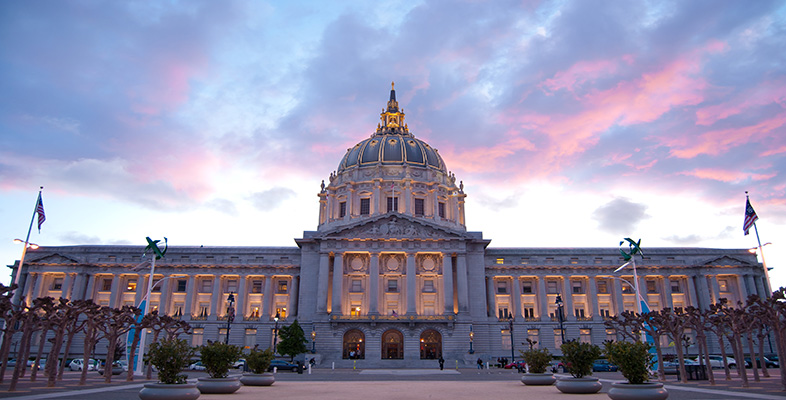4 Democracy and deliberation
4.1 Can talking do more than voting?
We normally think of democracy as being about voting. But what if people don't know about the candidates or issues they vote on? Shouldn't talk, aimed at informing us about the issues, be more important in a democracy?
Many commentators on democracy today think we need to create a more deliberative democracy. Voting is fine, but what is critical in our complex world is understanding issues and willingness to give adequate reasons for one's opinions and votes. Without understanding and knowledge, what value does a vote have?
Deliberation – open and reasoned debate and discussion of an issue or issues – is seen as the ideal source of understanding.
Various visions of a deliberative democracy have been offered. Normally, these suggest that open debate, which offers equal access and opportunities to participants, is vital for democratic deliberation. Attempts to put the vision into practice include citizens' juries and deliberative polls.
Citizens' juries have been used in the NHS, for example, while deliberative polls (invented in the USA) have been conducted in various countries, including the UK. Both are forums in which a random selection of citizens meet for a few days, have access to experts and information, and form views on an issue. Their advocates claim that the resulting views represent something elusive and special: the view of the people, which is informed on the issue at hand.
Activity 3 will help you to see the effect of deliberation on democracy.
Activity 3
Does deliberation produce more informed opinions?
Consider the following activity. Take a vote in class on whether the UK should get rid of the pound and replace it with the euro, without providing more than basic information. Record the outcome of the vote, but don't reveal exact numbers.
Break the class down into small groups to read and discuss a short pro and con information sheet on the single currency. If there is time, students could be asked to find out about the debate as homework and come back to class ready for structured, small-group discussion.
After discussion, take another vote. Did the result change? Is it a ‘better’ result?
Information on pros and cons of Britain joining the single currency can be found on the Euro Debate website.
